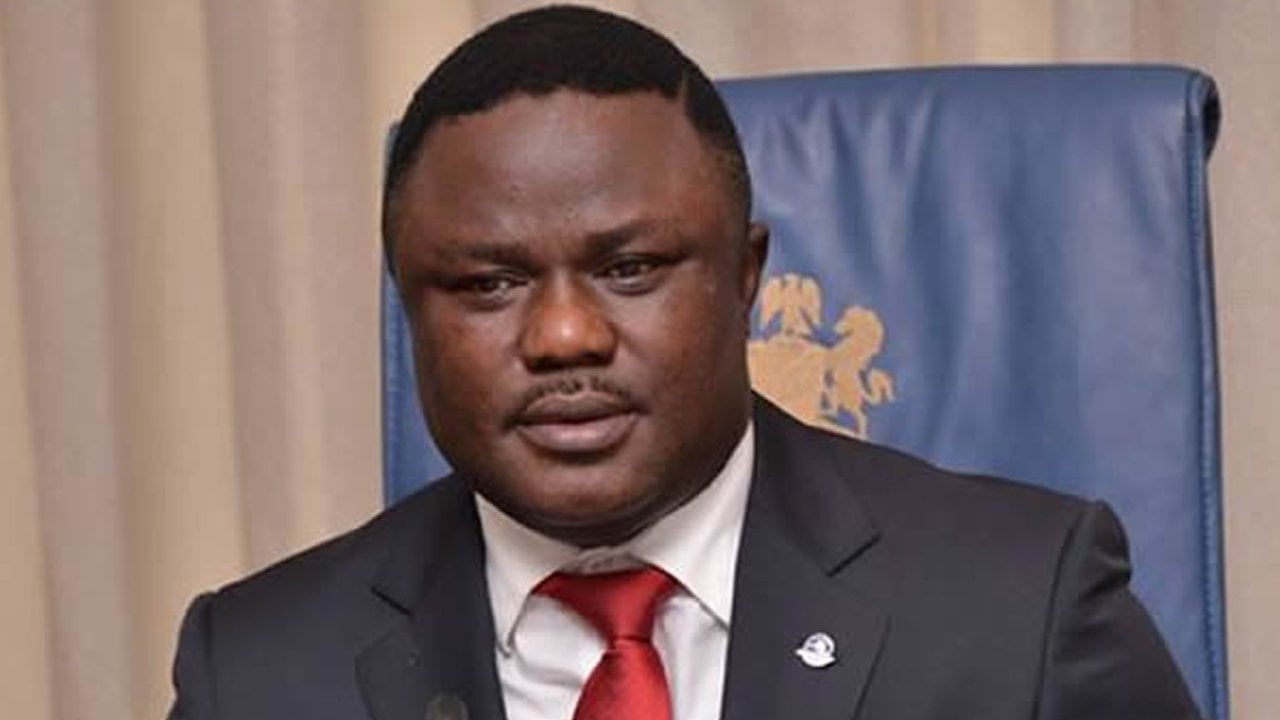Governor Benedict Ayade of Cross River State has called for deliberate empowerment of Nigerian youths and easy access to capitals to enable them to focus keenly on agriculture.
He bemoaned their inability to easily access capital and other limitations to prosecute agriculture.
Ayade, represented by his Commissioner for Finance, Asuquo Ekpenyong jr, briefed journalists in Calabar on the just concluded 2nd Intra-Africa Trade Fair held in Durban, South Africa, where he stood in for the governor where he lamented their poor skills and capacity in modern agriculture methodologies.
“Nigerian youths have an array of limitations in Agriculture business and this does not encourage them to delve deeper into the business. One is access to cheap capital. Most of the countries in Africa have weak infrastructure in terms of power, in terms of roads to provide logistics, water and other inputs required in production or commerce.
“There is a need for countries in Africa to deliberately set out to empower, to build capacity among the young people; provide access to capital; not just access to capital, but more importantly that they set up a framework that eliminates the issues of adverse selection and moral hazard. This will ensure that the money gets to the right people who have sustainable ventures in which they intend to pursue,” he said.
Ekpenyong stated, “If we do not do this efficiently and effectively, the truth is, what will end up happening is that, while the trade agreement may be good, we may have a scenario where foreigners to the continents come into the continent, set up with as little footprint as possible on the continent, produce locally, trade unrestricted but repatriate the value out of the continent.”
As a way of engaging the youths keenly in Agriculture, Ekpenyong said the governor has decided to break the many barriers inhibiting them through mechanized farming model.
“What the Governor has done is to develop a 360 Degree Model to drive youth participation in mechanized farming by identifying young people in the State.
“Under this 360 Model, the state ultimately intends to off-take the various produce and crops for processing in the state-owned industries,” he said.





